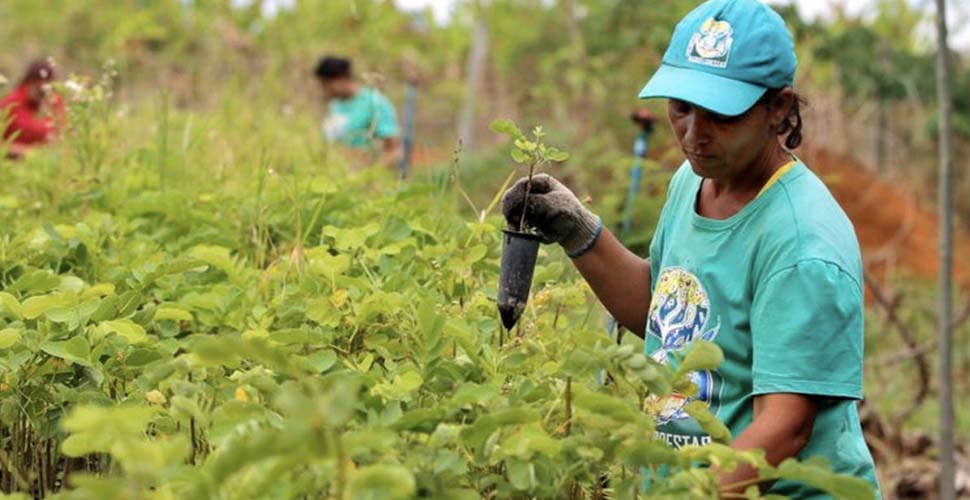In February this year, 207 victims of modern slavery were rescued from a grape plantation in Bento Gonçalves, Rio Grande do Sul.
These men had been harvesting grapes for some of Brazil’s most well known vineyards and wine producers. They were lured to work with promises of good wages and benefits only to be met by debt bondage, imprisonment and abuse. In the weeks following, 267 more exploited workers were rescued from surrounding areas, following a trend of rising slavery incidents sine 2020.
Chronic underfunding hampering anti-slavery efforts
Brazil’s current administration has pledged to prioritize tackling modern slavery with greater enforcement and through strengthening its labor inspection policies to better protect workers from modern slavery conditions. Despite the government’s commitment to address modern slavery, severe underfunding and a lack of awareness amongst employers and workers means that the practice continues with few consequences.
During the presidency of Jair Bolsonaro (2019-2022), the average annual budget for operations against modern slavery was USD 5.7m, 47.3% lower than those of preceding governments. During Lula’s first year in office, 2023, the budget will be USD 6.5m, a 44% increase over the previous year. By all accounts, however, such an inspection budget in a country as vast as Brazil, with a total workforce of 105m, does not permit for adequately addressing modern slavery.
Lack of modern slavery awareness
Most of these incidents of modern slavery in Brazil are present in rural communities which are often times remote and difficult for authorities to keep an eye on. A contributing factor to the culture around modern slavery in Brazil is the poor economic situation, victims seem as unaware of the crime as the perpetrators do. Employers aren’t typically concerned due to the lack of serious consequences linked to the lack of enforcement.
A study by the Federal University of Minas Gerais found that, of the 2,679 individuals or companies accused of modern slavery between 2008 and 2019, only 4.2% were convicted and had their verdicts upheld on appeal. When prosecutors do file charges, legal proceedings are lengthy, often taking up to ten years, during which the accused can continue operating.
Despite the commitments made by the current administration, it’s clear that significant advancements still need to be made to effectively combat modern slavery like conditions in Brazil.





Freedom United is interested in hearing from our community and welcomes relevant, informed comments, advice, and insights that advance the conversation around our campaigns and advocacy. We value inclusivity and respect within our community. To be approved, your comments should be civil.